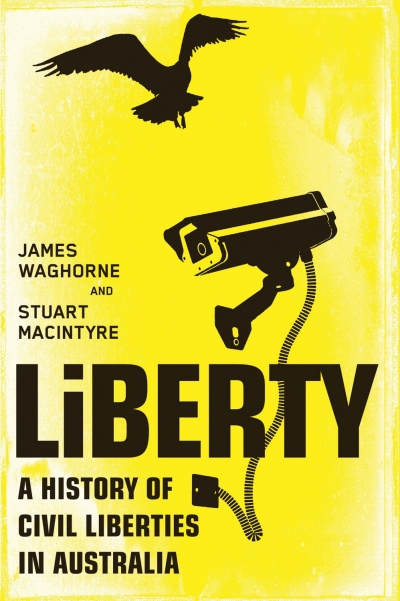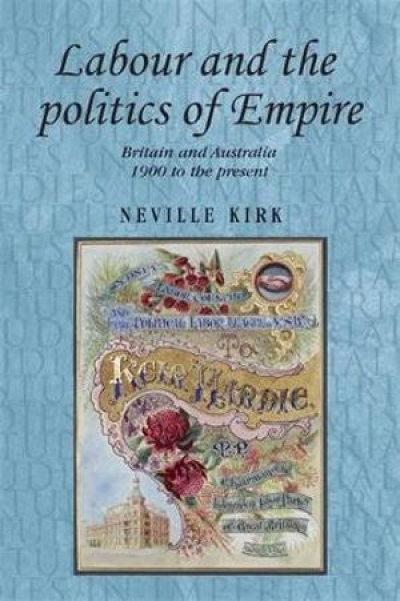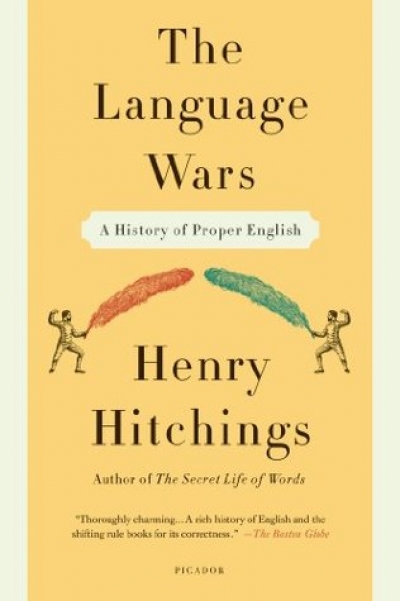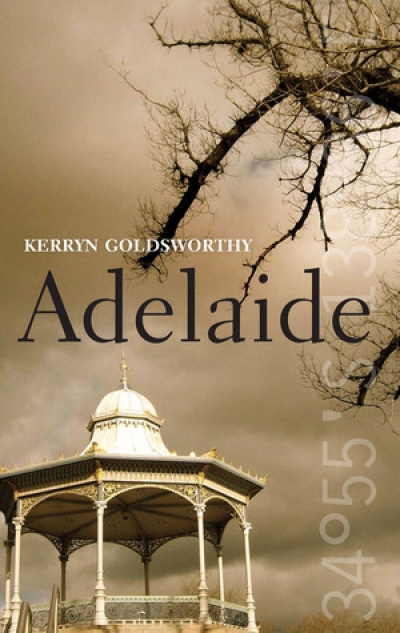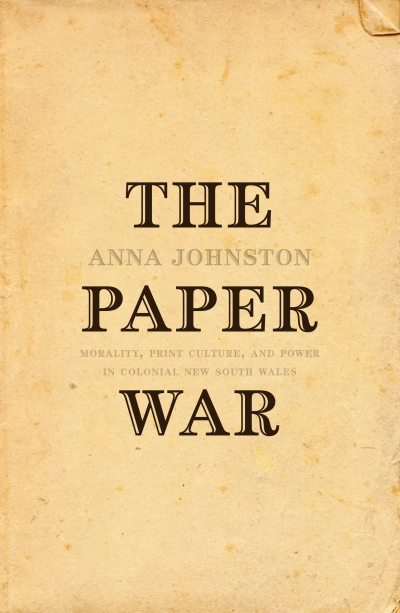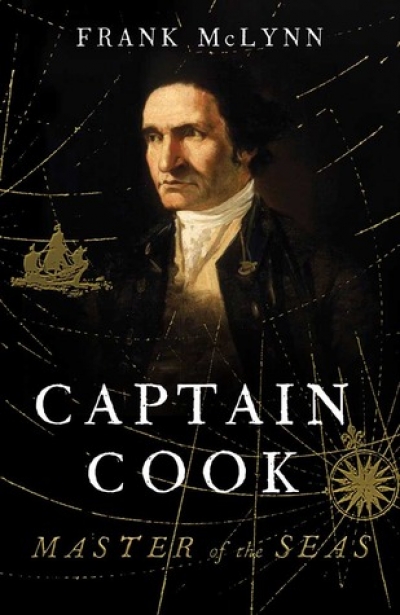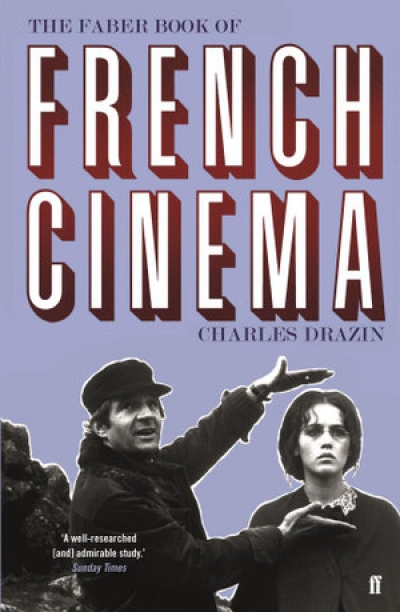History
The Adelaide Park Lands: A Social History by Patricia Sumerling
Novelist Janette Turner Hospital’s recent essay in praise of New York’s Central Park remarked on its visibility from outer space. No doubt Adelaide’s Park Lands, an integral part of the 1837 vision of founding surveyor Colonel William Light’s plan for the city, can also be seen from outer space.
... (read more)Liberty: A History of Civil Liberties in Australia by James Waghorne and Stuart Macintyre
In 1988 the Hawke government put a constitutional amendment to a referendum. On the recommendation of the government’s Constitution Commission, we were invited to vote to enshrine guarantees of trial by jury, property rights, and freedom of religion. The proposition was rejected by all states. There is nothing surprising in that. We almost always do vote against constitutional amendment because the politicians of the right have always succeeded in persuading us that the original document (a free trade agreement between the federating colonies) is perfect and, in any case, any proposal for change is a left-wing plot to deprive her majesty’s loyal subjects of their common law freedoms.
... (read more)Labour and the Politics of Empire: Britain and Australia 1900 to the Present by Neville Kirk
In 1902 the New Zealander William Pember Reeves published a pioneering study of social innovations in Australia and New Zealand. He wrote it, he said, for the ‘increasing number of students in England, on the Continent, and in America who are sincerely interested in them’ ...
... (read more)The Cult of Beauty: The Aesthetic Movement 1860–1900 by Stephen Calloway and Lynn Federle Orr
Britain in the later nineteenth century witnessed a radical rethinking of the role of art and design in society, one in which the earlier generation’s enthusiasm for industrial innovation and material betterment was replaced by a growing recognition of the necessity of beauty – in art, in literature, in furnishings, and in fashion – as the foundation stone of modern living. Emerging from bohemian artistic circles and avant-garde design, a new concept of beauty developed that was expressed in a variety of forms. These ranged from pictures whose meaning no longer resided in their narrative or moral content, but in the decorative balance of colour and line (summed up by the phrase ‘Art for Art’s sake’ and epitomised by the exquisite paintings of Albert Moore and James McNeill Whistler); to books of verse by William Morris or Algernon Swinburne, in which the elegance of the metrical form was matched by the stylishness of the type and cover design; to the ideal of the ‘House Beautiful’, where the subtlety and harmony of one’s arrangement of wallpaper, furniture, and objets d’art were now recognised as valid expressions of refinement and individuality.
... (read more)The Language Wars: A History of Proper English by Henry Hitchings
Henry Hitchings has written a number of well-received books on aspects of the English language, including Dr Johnson’s Dictionary: The Extraordinary Story of the Book That Defined the World (2005) and The Secret Life of Words: How English Became English (2008), which focuses on the numerous borrowings that English has made from other languages.
... (read more)Delia Falconer’s Sydney, the third in a series from NewSouth in which leading Australian authors write about their hometowns, is like its harbour, brimful with tones, vivid with contemplation ...
... (read more)This year is the 175th anniversary of European settlement in South Australia. The University of Adelaide presented a series of public lectures collectively called Turning Points in South Australian History. Bill Gammage gave the first and showed by an accretion of primary sources that, prior to white settlement in 1836, Aborigines kept a tidy landscape thanks to the controlled use of fire. First Adelaidians exclaimed that the landscape was close to an English garden. Henry Reynolds gave the second lecture, and made much of the political and social timing of the settlement, after the abolition of slavery in London and just before the Treaty of Waitangi in New Zealand. The idea of terra nullius was in its preliminary colonial tatters.
... (read more)The Paper War: Morality, Print Culture, and Power in Colonial New South Wales by Anna Johnston
‘A MISSIONARY ARRESTED! A LONDON MISSIONARY ARRESTED!!’ These alarming words were trumpeted in the Sydney Gazette in 1828, and they shout from the back cover of Anna Johnston’s The Paper War. Readers might be forgiven for assuming that this book is about scandals in early colonial Australia – all the more entertaining for involving clergymen. And in a way it is, for the man arrested, Reverend Lancelot Threlkeld, is the book’s central character. His endless battles with his peers and superiors via the printed, written, and spoken word are a major focus of this book.
... (read more)Modern travellers can hardly conceive the perils of the sea in the age of sail. Merchant seamen excepted, today’s average seafarer rides a massive cruise ship warned by radar to skirt round storms and stabilised against the rolling of all but the most powerful swells. The terrors of the deep do not extend far beyond poor maintenance, food poisoning, bad company, and illicit drugs administered by persons of interest to the police. Global positioning devices make navigation a breeze. Fifteen-year-old girls single-handedly circumnavigate the globe, and Antarctica is a fun destination for seniors.
... (read more)Charles Drazin tells us that his interest in French cinema began as a student at Oxford in the early 1980s, when he attended screenings at the Maison Française, an institution established after World War II to encourage cultural exchange between Britain and France. Some of the films were obscure, some better known; the audience comprised devotees and newcomers who never quite knew what they were going to see. The free admission, the 16 mm projector, the portable screen fixed to a tripod, even the scraping of chairs on wooden floors contributed to the sense of occasion for the young cinéastes.
... (read more)


